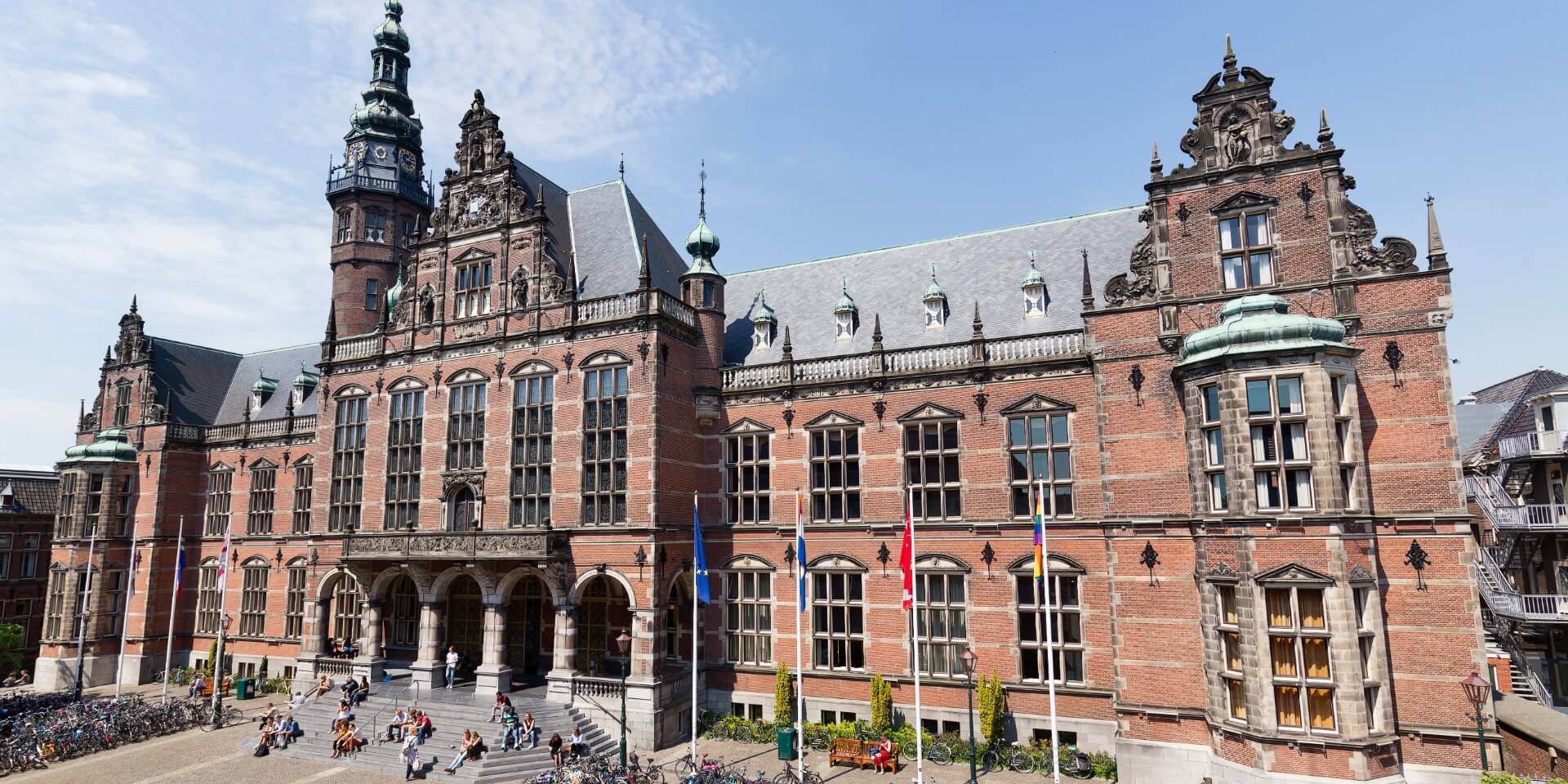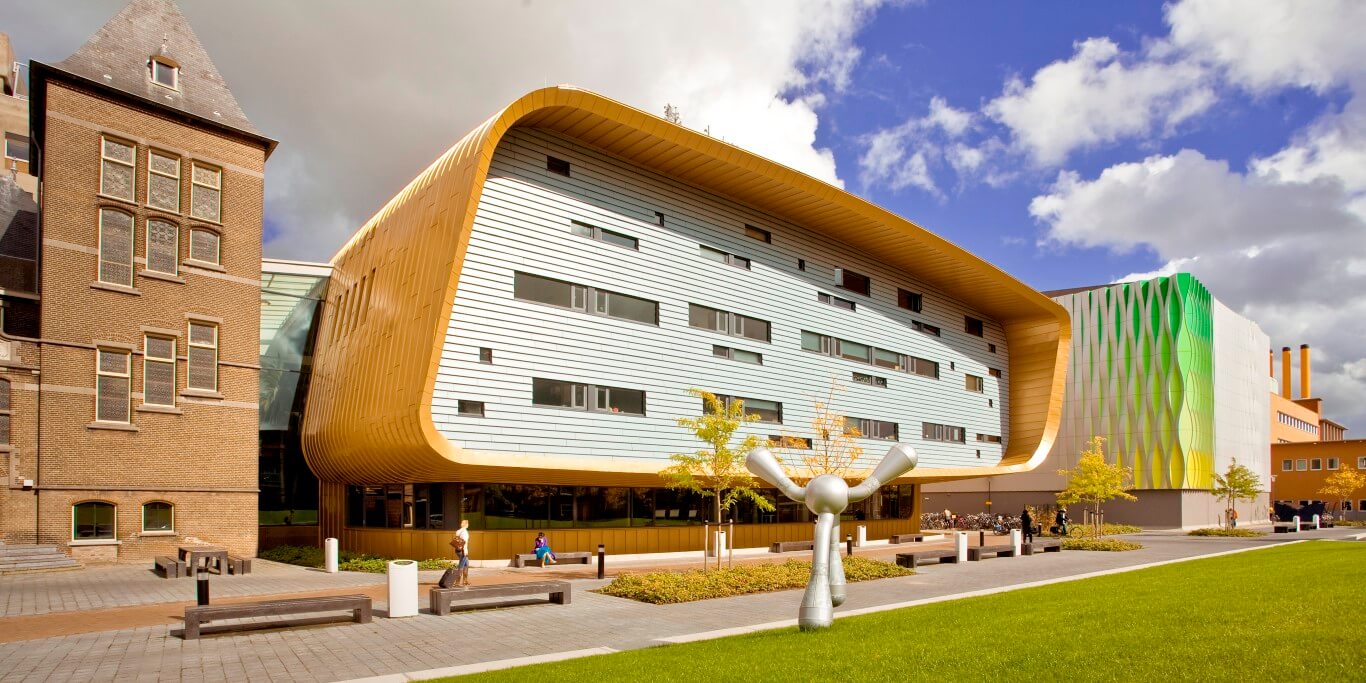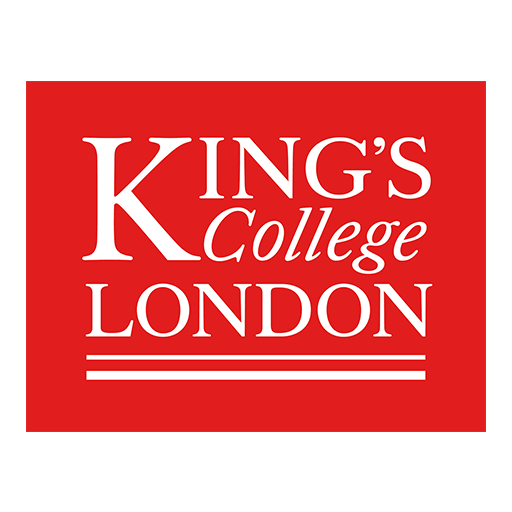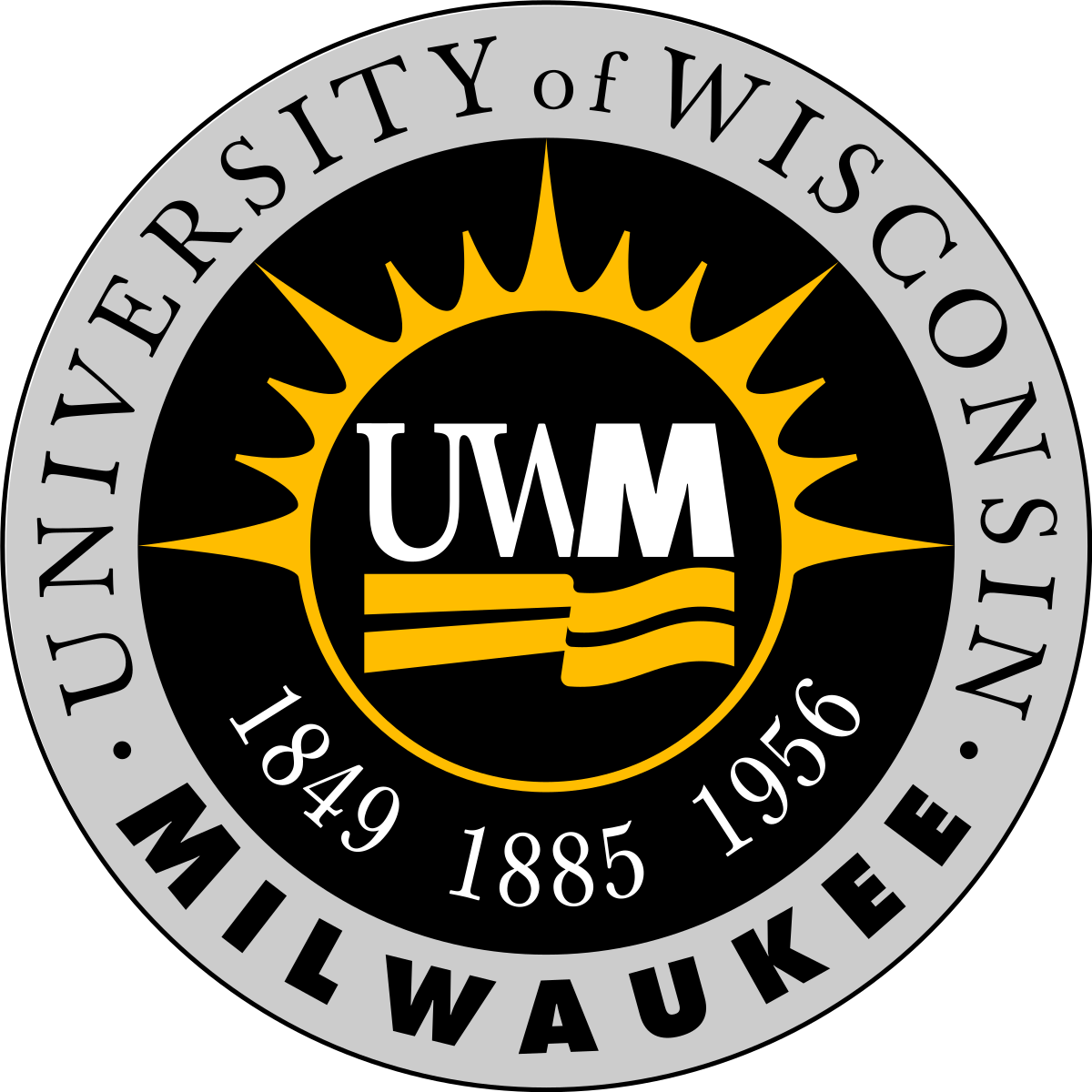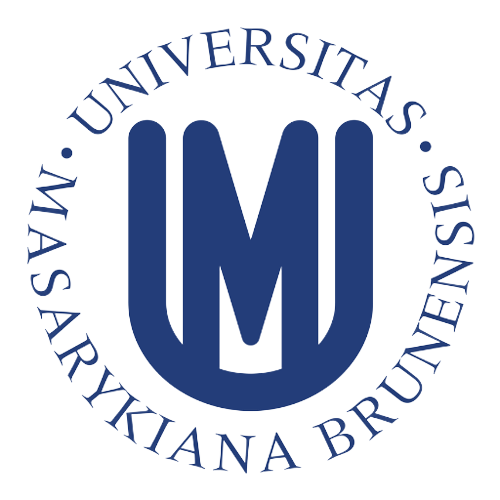Programme
Year 1
Our one-year programme consists of course units worth 30 ECTS credits, and a 30-credit Master's thesis project, which includes an internship of 10 credits.
Our compulsory course units are Conceptual Issues in Psychology, dealing with classic and theoretical readings we find essential to to this Master's programme; and Brain, Consciousness and Society, in which you deal with findings from psychological, psychiatric and neurological research and their reception.
In our elective course unit Boundaries of Psychology, you will explore the boundaries of psychology as a scientific discipline.
During our course unit in Qualitative Research Methods, you will learn various research methods, for example in-depth interviewing, participant observation and ethnographic methods.
For most course units, you will do assignments, prepare a presentation and write essays. Writing is an important part of our degree programme, which is why we offer a course unit in Writing Skills. The course is scheduled in the first three blocks and will help you with your writing process and with finding your voice in various inspiring ways in various.
All course units are given in the first three blocks, the last block no courses are scheduled so you can focus on finishing your Master's thesis.
Courses
Conceptual Issues in Psychology (5 EC)
Writing Skills (5 EC)
Master Thesis
Brain, Consciousness and Society (5 EC)
Qualitative Research Methods (5 EC)
Boundaries of Psychology (5 EC)
Master Internship Theory and History of Psychology
Show less

